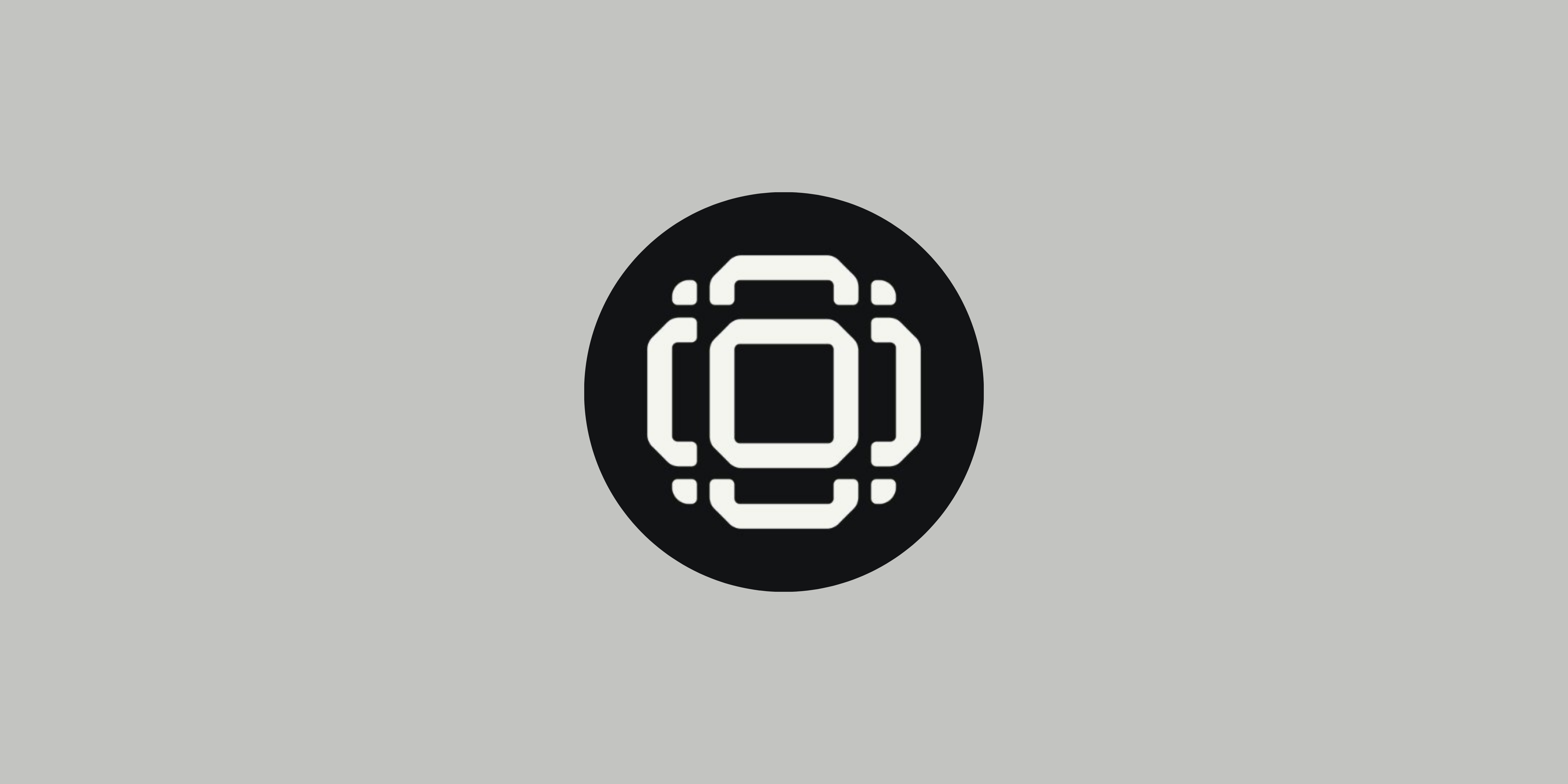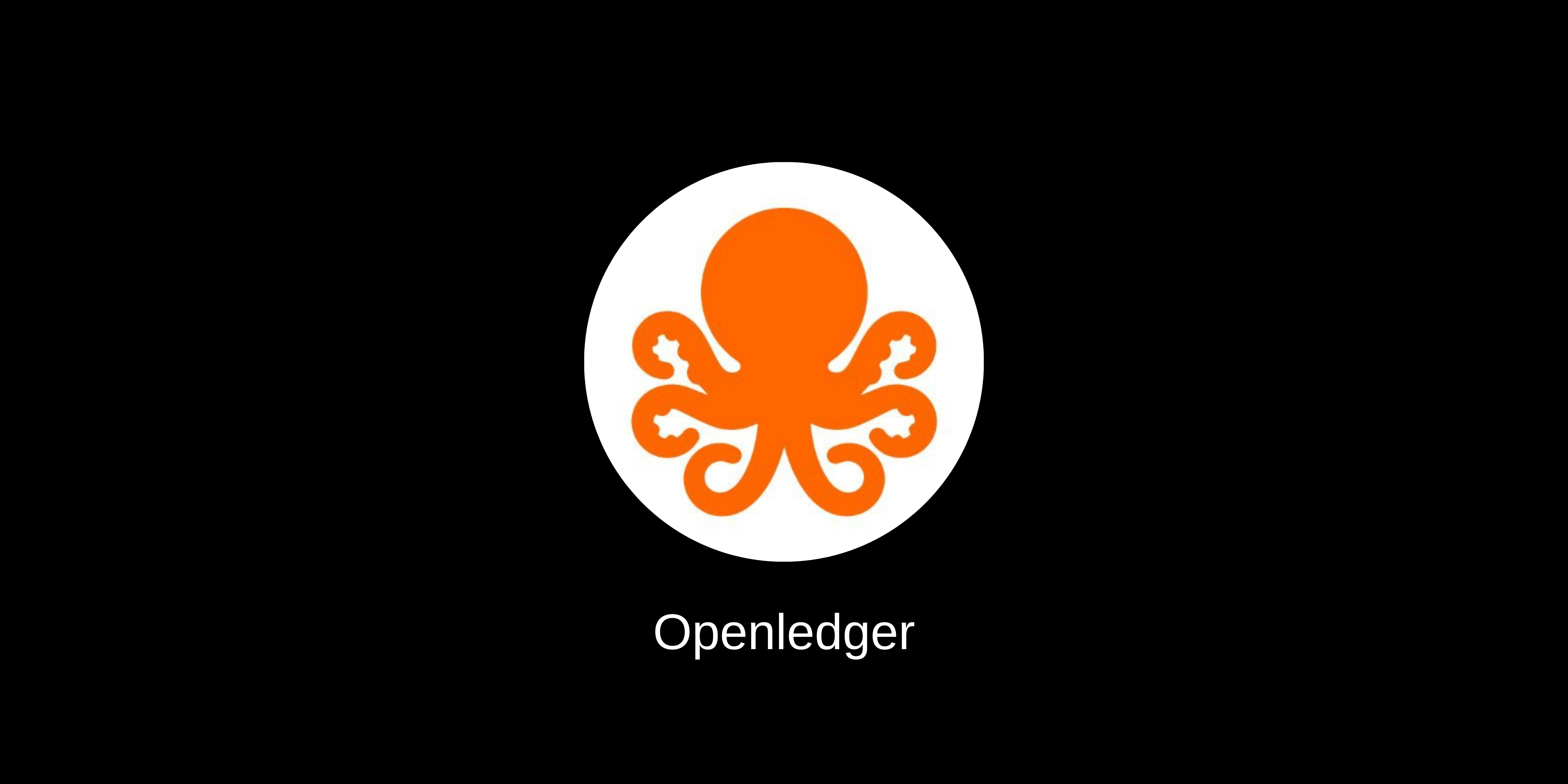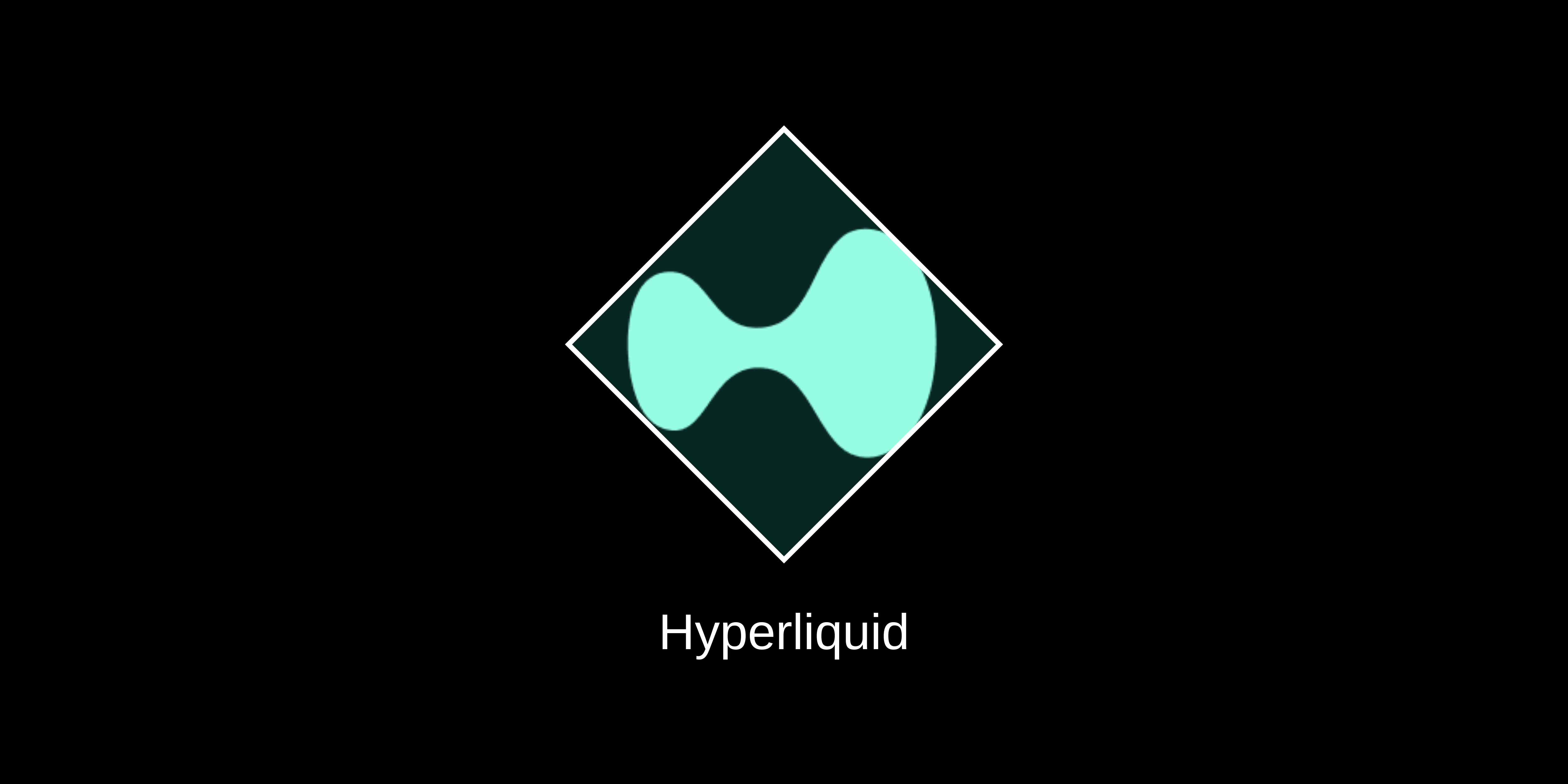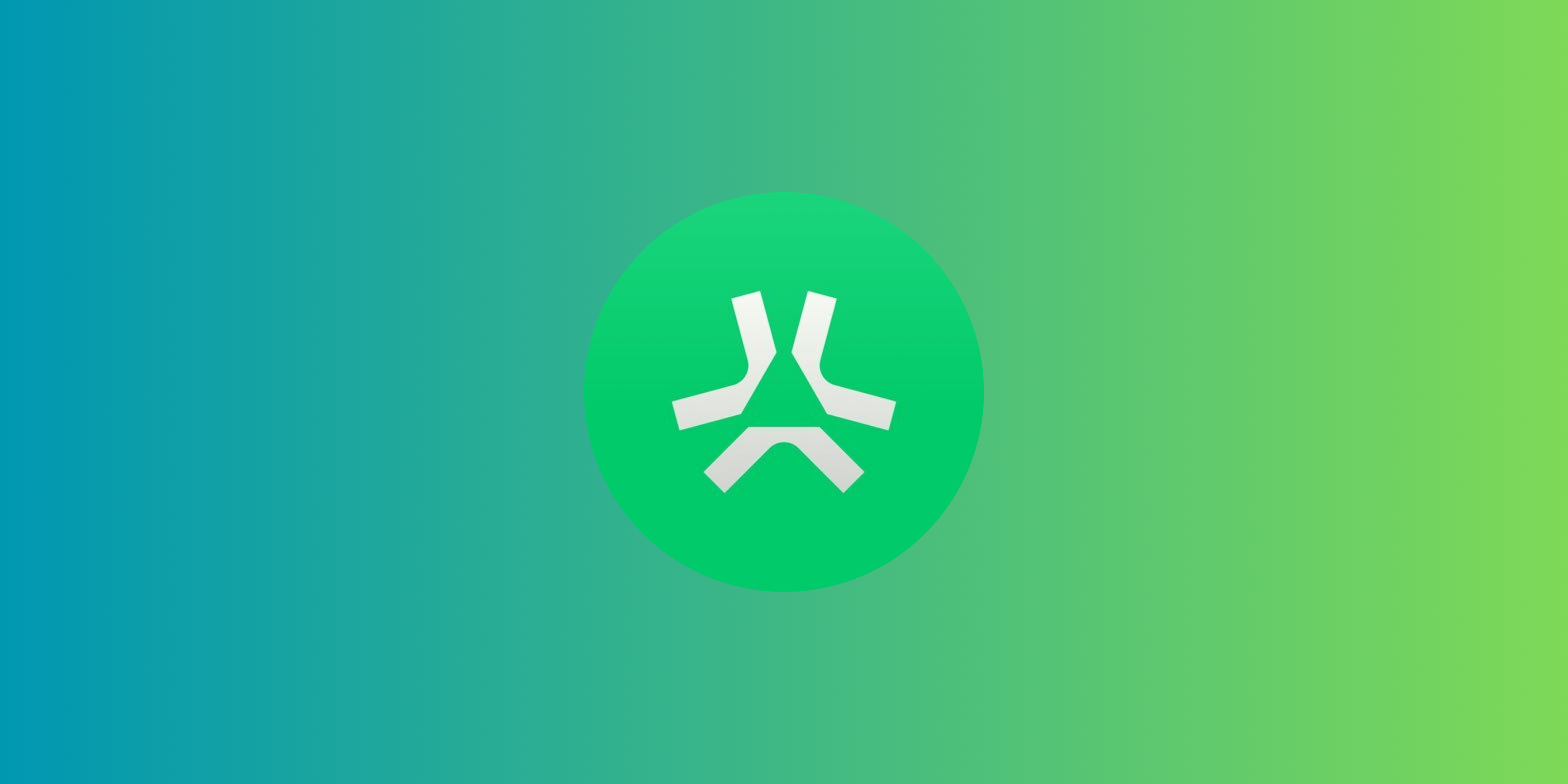Introduction
Gaianet is a decentralized, open-source AI development platform that supports “living knowledge systems.” These AI agents evolve, allowing individuals and businesses to create specialized AI models tailored to specific domains. Gaianet aims to provide a robust infrastructure for deploying, managing, and monetizing AI agents in a decentralized environment.
Innovation
Gaianet introduces a novel approach to AI development by integrating decentralized computing with adaptive AI agents. The platform enables users to create AI assistants incorporating domain-specific knowledge, personalized insights, and real-time adaptability. Its decentralized architecture ensures that AI models are not controlled by a single entity, promoting sovereignty and open collaboration. Notable innovations include:
- Customizable AI Nodes: Users can fine-tune AI agents with proprietary knowledge.
- Decentralized Marketplace: The Infinity Hub allows developers to monetize their AI models.
- Long-Term Memory & Adaptability: AI models retain and build knowledge over time.
Architecture
Gaianet’s infrastructure is built around decentralized nodes that provide AI services. Each node operates independently, allowing users to deploy and interact with AI models through a web-based UI or API. Key architectural components include:
- GaiaNet Nodes: AI runtime environments that support fine-tuned LLMs, knowledge embeddings, and vector databases.
- Load Balancing Domains: Ensure stable AI performance by distributing requests across multiple nodes.
- Rust-Based SDK: Provides robust development tools for extending AI functionalities.
- OpenAI Compatibility: Nodes can function as OpenAI API replacements for seamless integration into existing AI applications.
Code Quality
Gaianet employs a high-performance, cross-platform runtime for managing AI agents. However, not all of its codebase is open-source, which limits external auditability and trust. The Rust-based SDK offers extensibility, but a fully transparent and accessible repository would enhance developer confidence.
Product Roadmap
Gaianet’s roadmap emphasizes continuous improvement in AI adaptability and decentralized governance. Planned developments include:
- Enhanced AI Training Capabilities: Advanced fine-tuning tools for specialized domains.
- Expanded Marketplace: More integrations for developers to monetize AI services.
- Decentralized Governance Implementation: Further empowerment of token holders in network decision-making.
Usability
Gaianet offers an intuitive web-based chatbot interface and OpenAI-compatible API, making it easy for users to deploy and interact with AI models. The platform supports seamless customization of AI agents, ensuring domain-specific accuracy and usability.
Team
The Gaianet development team comprises over five active contributors, demonstrating strong technical expertise in AI, blockchain, and decentralized computing. While the team appears competent, more transparency regarding their backgrounds and contributions would strengthen community trust.
Conclusion
Gaianet is a promising decentralized AI platform that enables the development of intelligent, autonomous AI agents. Its strong architecture, customizable AI nodes, and developer-friendly tools make it a compelling choice for AI-driven applications. However, greater codebase and team structure transparency could further solidify its credibility. With ongoing innovation and a clear roadmap, Gaianet has the potential to reshape how decentralized AI models are developed and deployed.
| Initial Screening | |||
| Keep researching | |||
| Does this project need to use blockchain technology? | Yes | ||
| Can this project be realized? | Yes | ||
| Is there a viable use case for this project? | Yes | ||
| Is the project protected from commonly known attacks? | Yes | ||
| Are there no careless errors in the whitepaper? | Yes | ||
| Project Technology Score | |||
| Description | Scorecard | ||
| Innovation (Out Of 11) | 9 | ||
| How have similar projects performed? | Good | 2 | |
| Are there too many innovations? | Regular | 2 | |
| Percentage of crypto users that will use the project? | 6%-10% | 3 | |
| Is the project unique? | Yes | 2 | |
| Architecture (Out of 12) | 11 | ||
| Overall feeling after reading whitepaper? | Good | 2 | |
| Resistance to possible attacks? | Good | 2 | |
| Complexity of the architecture? | Not too complex | 2 | |
| Time taken to understand the architecture? | 20-50 min | 1 | |
| Overall feeling about the architecture after deeper research? | Good | 4 | |
| Has the project been hacked? | No | 0 | |
| Code Quality (out of 15) | 13 | ||
| Is the project open source? | Yes | 2 | |
| Does the project use good code like C,C++, Rust, Erlang, Ruby, etc? | Yes | 2 | |
| Could the project use better programming languages? | No | 0 | |
| Github number of lines? | More than 10K | 1 | |
| Github commits per month? | More than 10 | 2 | |
| What is the quality of the code? | Good | 2 | |
| How well is the code commented? | Good | 1 | |
| Overall quality of the test coverage? | Good | 1 | |
| Overall quality of the maintainability index? | Outstanding | 2 | |
| When Mainnet (out of 5) | 5 | ||
| When does the mainnet come out? | Mainnet | 5 | |
| Usability for Infrastructure Projects (out of 5) | 3 | ||
| Is it easy to use for the end customer? | Medium | 3 | |
| Team (out of 7) | 5 | ||
| Number of active developers? | 5+ | 2 | |
| Developers average Git Background? | Intermediate | 1 | |
| Developers coding style? | Outstanding | 3 | |
| Total Score (out of 55) | 46 | ||
| Percentage Score | |||
| Innovation | 16.36% | ||
| Architecture | 20.00% | ||
| Code Quality | 23.64% | ||
| Mainnet | 9.09% | ||
| Usability | 5.45% | ||
| Team | 9.09% | ||
| Total | 81.82% |





